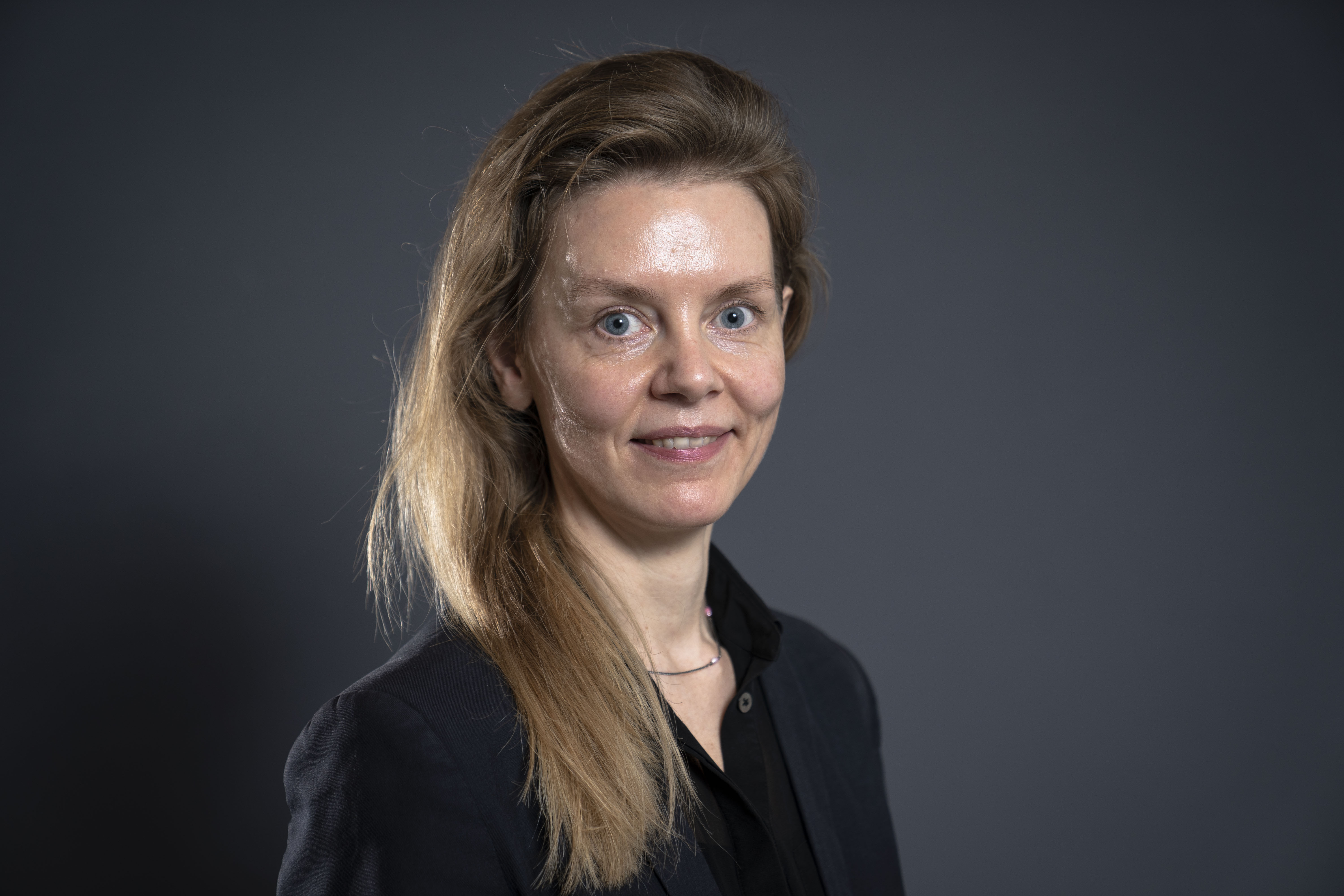Julie Uldam
Research leader

Project title
Imagining Digital Power and the Power of Digital Imagination in Business and Society Encounters
What is your project about?
The project examines the role of imagination about digital media for dialogue between multinational companies and social movement organisations. At a time of climate crisis and a focus on companies’ responsibility and sustainability, understanding the potential of digital media for empowering social movement organisations to hold companies to account is crucial. Digital media are often seen as democratising, not least because of their potential to enable social movement organisations to hold companies accountable through online campaigns. But scandals such as the revelation of Cambridge Analytica’s misuse of Facebook users’ data have created uncertainty about what kind of data collection digital media enable, and how data is analysed and used. As a consequence, our imagination about the digital influences our digital actions. For example, companies’ fear of criticism may make them increasingly focused on collecting data about their critics rather than engaging in dialogue about new paths towards more responsible business. At the same time, social movement organisations’ fear of companies’ surveillance and retaliation may make them refrain from certain kinds of criticism. Online criticism, for instance, has previously resulted in retaliation from the multinational company Nestlé. This project goes beyond these actions and uncovers the imaginaries that underpin companies’ and social movement organisations’ uses of digital media in struggles to define companies’ responsibility at a time of climate crisis.
How did you become interested in your particular field of research?
Digital media have been vested with hopes for facilitating dialogue. But dialogue between companies and social movements in digital media remains largely absent. Instead, their relationship is often seen as a struggle between David and Goliath, while the business models of digital media platforms such as Facebook are increasingly shown to privilege the powerful. This has spurred my interest in the assumptions and expectations that underpin the ways in which companies and social movements use – and refrain from using – digital media.
What are the scientific challenges and perspectives in your project?
Previous research has provided insights into companies’ and social movements’ strategic work with and in digital media. But the assumptions and expectations that underpin this strategy work remains under-researched. For example, companies may assume that inviting dialogue in digital media will merely lead to criticism, and social movements may assume that criticising companies in digital media will merely lead to corporate surveillance and retaliation. But we don’t know if they do. Therefore, this project brings together research from social movement, management and media studies to examine these assumptions and expectations, what I term digital imaginaries. It does so through ethnographic and participatory methods that bring power relations and ethics to the centre of the project methodology.
What is your estimate of the impact, which your project may have to society in the long term?
Understanding companies’ and social movement organisations’ assumptions and expectations about digital media and each other, which may be grounded in fear and mistrust, can help find common ground and a path forwards from mistrust towards dialogue. We know from previous research that social movements constitute significant sites of knowledge production on societal issues such as the climate crisis. By overcoming obstacles to dialogue, this project contributes to public knowledge and debate about how we can find avenues beyond mistrust and polarisation and towards collaboration for more sustainable business practices, which are much needed at this time of climate crisis.
Which impact do you expect the Sapere Aude programme will have on your career as a researcher?
This Sapere Aude grant is pivotal to my work to establish an international research environment that brings together social movement, management and media studies to explore the interplay between digital media, power and imagination and push the boundaries on research on business-society relations and societal challenges such as the climate crisis.
Background and personal life
I have a background as an active member of the climate justice movement. Trying to contribute to a just and sustainable world for all is important to me, not least as a mother of a four-year-old child.
View all research leaders here
Research institution
Copenhagen Business School, Department of Management, Society and Communication
Research field
Media and communication studies
City of your current residence
Copenhagen
High school
Frederiksberg Gymnasium
